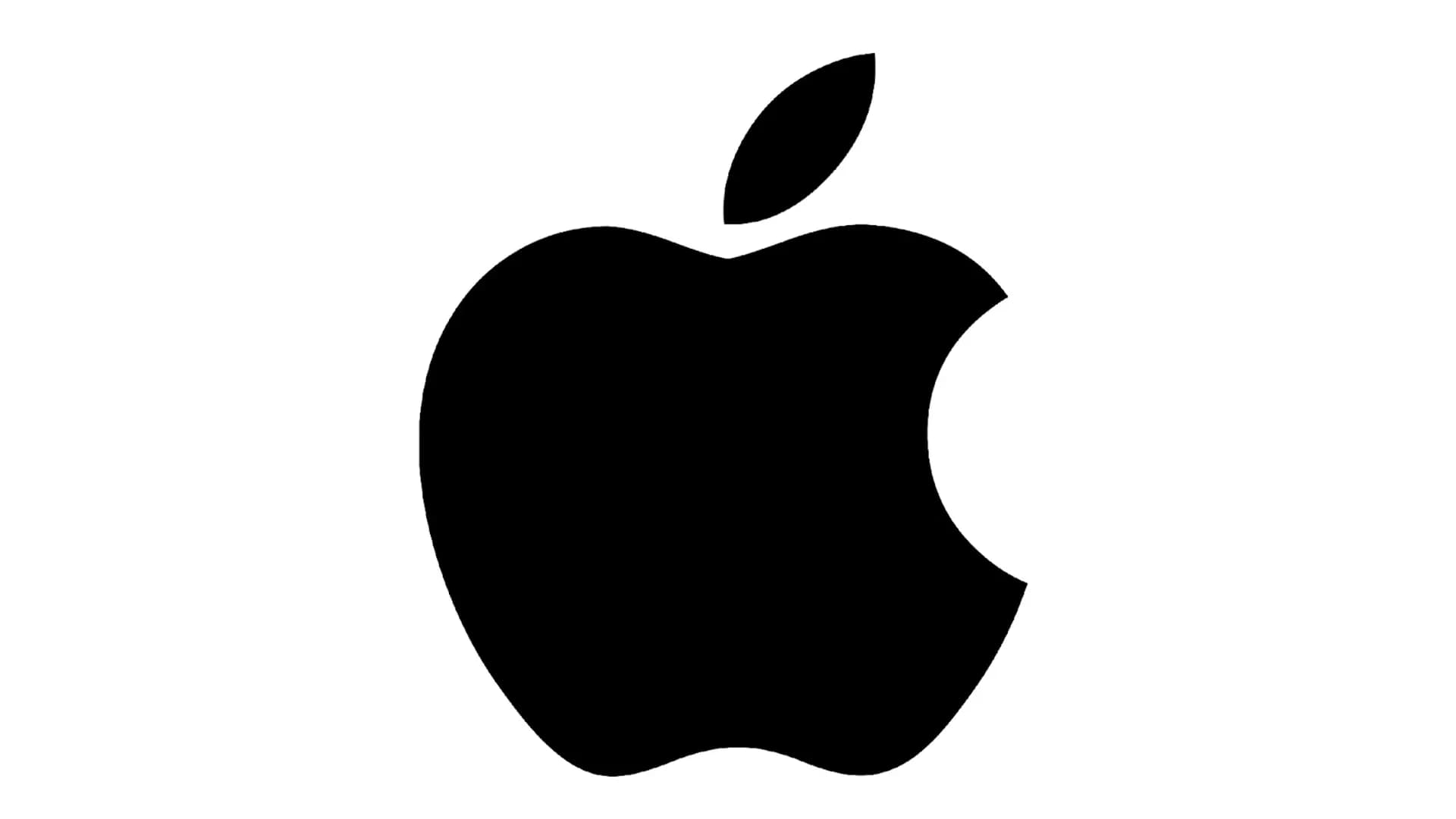Germany’s interior minister, Nancy Faeser, has called on social media companies to take stronger action against disinformation ahead of the federal parliamentary election on 23 February. Faeser urged platforms like YouTube, Facebook, Instagram, X, and TikTok to label AI-manipulated videos, clearly identify political advertising, and ensure compliance with European laws. She also emphasised the need for platforms to report and remove criminal content swiftly, including death threats.
Faeser met with representatives of major tech firms to underline the importance of transparency in algorithms, warning against the risk of online radicalisation, particularly among young people. Her concerns come amidst growing fears of disinformation campaigns, possibly originating from Russia, that could influence the upcoming election. She reiterated that platforms must ensure they do not fuel societal division through unchecked content.
Calls for greater accountability in the tech industry are gaining momentum. At the World Economic Forum in Davos, Spanish Prime Minister Pedro Sánchez criticised social media owners for enabling algorithms that erode democracy and “poison society.” Faeser’s warnings highlight the growing international demand for stronger regulations on social media to safeguard democratic processes.










